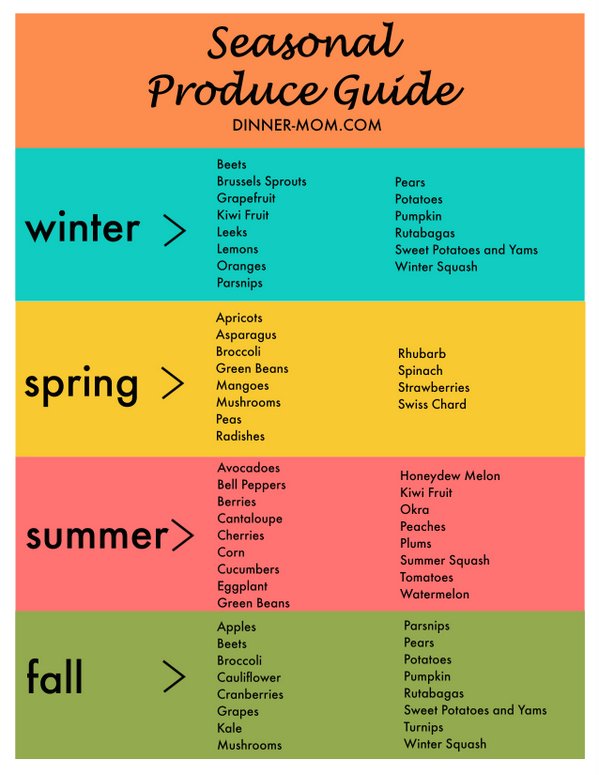

Brie, feta, or goat cheese (plus other cheeses that you enjoy).Pasta (choose whole-wheat pasta whenever possible).Whole grains (farro, bulgur wheat, barley, and quinoa).Whole-grain bread (look for whole-wheat flour as the first ingredient).Cashews (and all other unsweetened nuts).While they can be part of every day, eat them in moderation.There are no off-limits fruits or vegetables.All fruits (peaches, cherries, apricots, strawberries, raspberries, blueberries, and blackberries).Starchy veggies (sweet potatoes, potatoes, and root vegetables).Nonstarchy veggies, (zucchini, eggplant, bell peppers, artichokes, and dark greens).Processed meat products (chicken nuggets).Cured meats (bacon, sausage, and salami).You can also use it in cold applications to make salad dressing or to drizzle on cooked veggies or side dishes. While overdoing it with this oil can lead to weight gain (it’s a fat after all, so the calories can add up quickly), it’s rich in heart-healthy polyunsaturated and monounsaturated fat, so you can feel good about keeping a bottle handy in the kitchen. Cook with olive oil. Make extra-virgin olive oil the oil you cook with.That doesn’t mean sugar is out - have a bit in your coffee if you’d like, for instance, “but on a daily basis, there isn’t much sugar eaten,” says Paravantes-Hargitt.


You just continue the next day as if nothing happened.” ‘Cheating’ is part of the Mediterranean diet. “Food is to be enjoyed, and the Mediterranean diet promotes a healthy relationship with food. “Even within the Mediterranean diet there are what we call ‘special occasion days’ where you may eat more or eat foods that perhaps are not very healthy, but that is actually part of the lifestyle,” Paravantes-Hargitt says. There’s no following this to a T or falling off the wagon and feeling like a failure. The good news is that because this is a style of eating versus a set of rigid rules, you can fully customize this approach to suit your likes and dislikes.

The bonus: It wasn’t supposed to be a weight loss study to begin with (that was just a nice bonus) so both groups ate a similar number of calories. Compared with the control group, Mediterranean diet followers lost more weight, reduced their blood levels of inflammatory markers, and lowered their total cholesterol and LDL (“bad”) cholesterol. A study by researchers at Harvard University and Emory University followed a group of overweight or obese adults on the Mediterranean diet and a control group eating a standard American diet supplemented with fish oil, walnuts, and grape juice - foods that supply key nutrients in the Mediterranean diet - for eight weeks.Ī standard American diet is rich in foods that are high in saturated fat, added sugar, and salt. Although not a main goal of this eating approach, it may help stabilize your weight - without making you feel deprived. While living longer and taking care of your heart are important to you, there’s no denying that you may be interested in the Mediterranean diet for its weight loss potential.


 0 kommentar(er)
0 kommentar(er)
